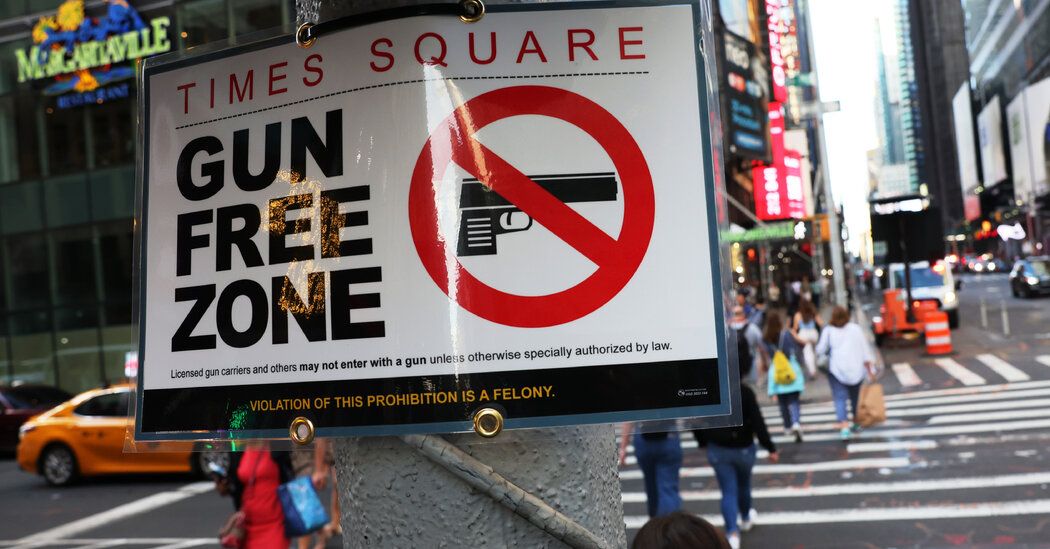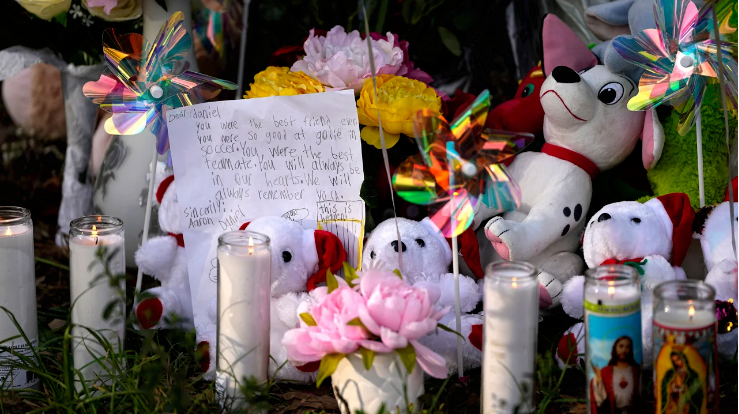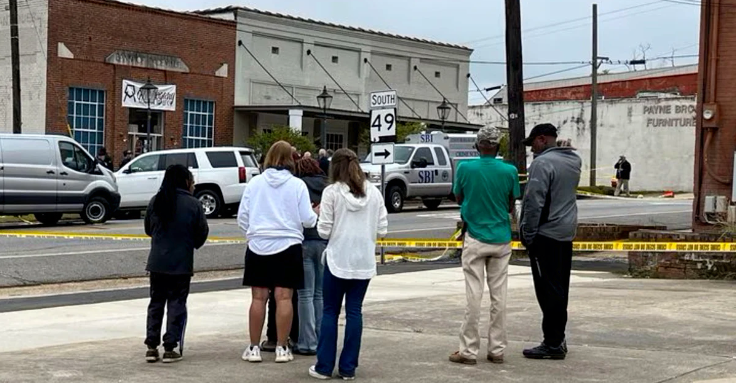US Judge Temporarily Blocks Parts of NY Gun Law
A federal judge on Thursday temporarily blocked parts of New York state's new Concealed Carry Improvement Act to allow six gun advocates to file a lawsuit challenging the new legislation.

Facts
- A federal judge on Thursday temporarily blocked parts of New York state's new Concealed Carry Improvement Act to allow six gun advocates to file a lawsuit challenging the new legislation.
- New York's gun law, which took effect on Sept. 1, established new requirements for obtaining a license, including submitting social media accounts for review and banning firearms in many public and private places.
- Judge Glenn T. Suddaby of the Northern District said the attempt to ban guns in places deemed "sensitive" — like museums, Times Square, and anywhere alcohol is served — was impermissible. He set his ruling to take effect in three business days, giving the state room to appeal.
- Suddaby wrote that the new law requiring gun applicants to show "good moral character" only led to "retaining (and even expanding) the open-ended discretion afforded to its licensing officers."
- New York Attorney General Letitia James said her office plans to appeal the decision, claiming that "Common-sense gun control regulations help save lives" and that it was "deeply disappointing that the judge wants to limit my ability to keep New Yorkers safe."
Sources: New York Post, Reuters, New York Times, Politico, and Abc.
Narratives
- Republican narrative, as provided by The Washington Examiner. There's no proof that rises in homicides or suicides in the US are directly related to gun sales — but liberals apparently don't need it to push their agenda. Gun sales rise because of crime, not the other way around, and the sooner we understand this and tackle the underlying cause of violence, the safer America will become.
- Democratic narrative, as provided by American Progress. Gun lobbyists in the US continue to spew a series of common myths to undermine legitimate arguments for common-sense gun reforms like those seen in New York. To protect future generations, policymakers throughout America must reject these harmful myths and instead rely on implementing meaningful regulations.






